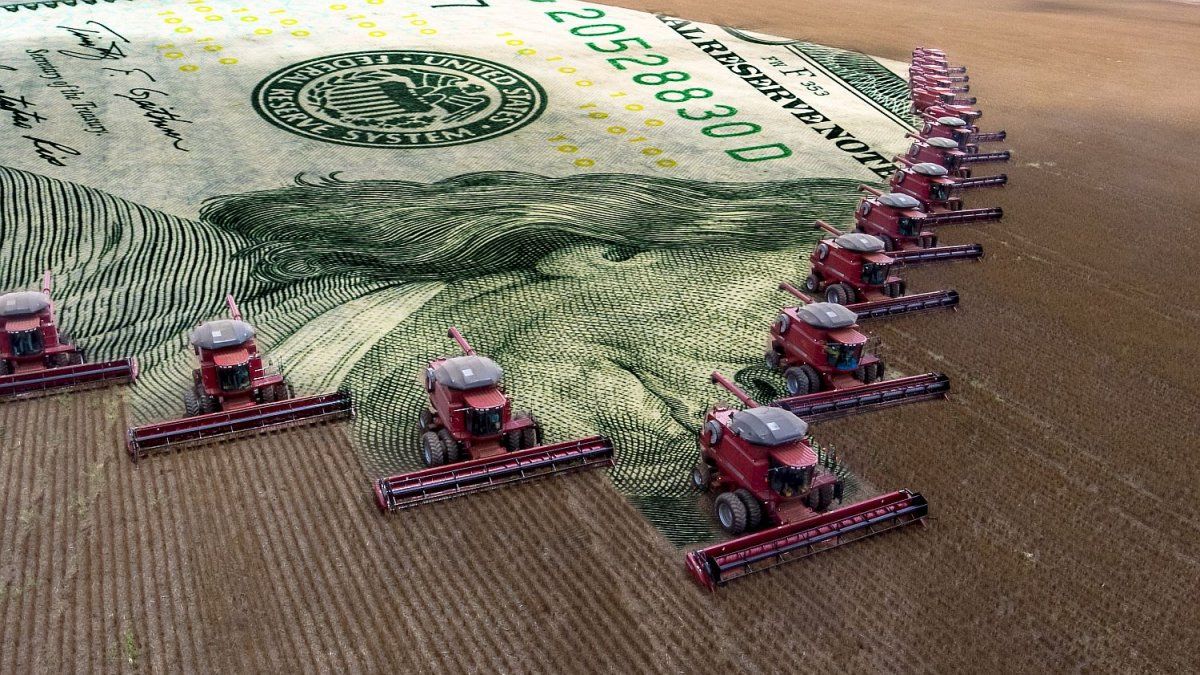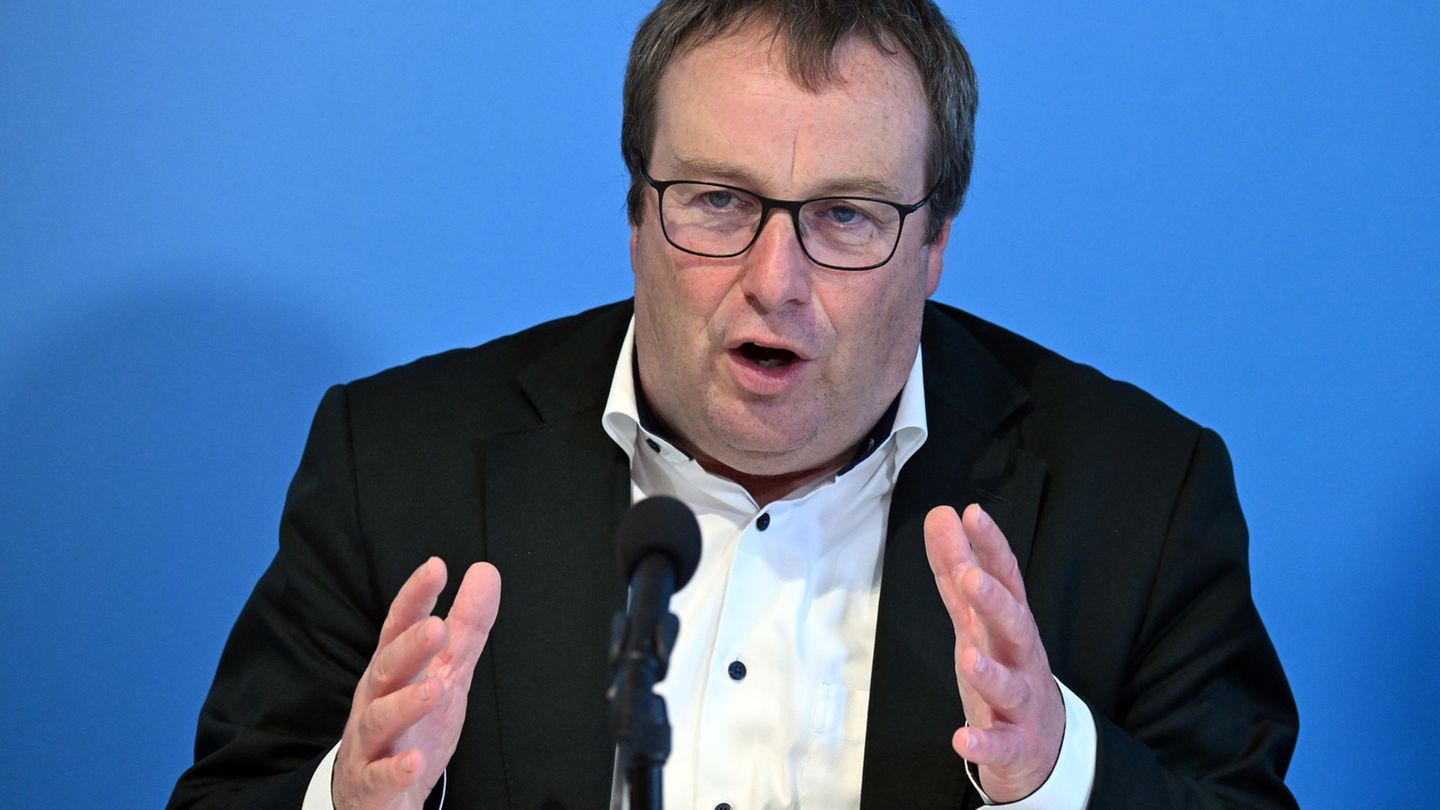The president of the world Bank warned on Tuesday that the divisions between rich countries and developing countries threaten to aggravate poverty, at a meeting of finance ministers of the G20 in India.
Many economies are still recovering from the double shock of the pandemic and then the Russian invasion of Ukraine, which initially pushed up fuel and raw material prices. At the same time, the effects of climate change worsen the situation of the most vulnerable countries.
The president of the World Bank, Ajay Banga, influenced this Tuesday the dangerous division installed in the world economy, in the absence of progress in the fight against poverty.
“What keeps me up at night is the mistrust that is quietly dividing the North from the South, just when we need to be united,” Banga told the meeting, during the ministers’ talks on international financial structures.
“The frustration of the Global South is understandable. In many ways they are paying the price for our prosperity. And while they should count more, they are concerned that promised resources will be diverted to rebuilding Ukraine,” he argued.
For all these reasons, these countries “fear that poverty will drag down another generation,” he emphasized.
He world Bank said it is working on ways to increase its lending capacity to encourage growth and employment. But at the same time he warned that the future economy cannot depend on expansion at the expense of the environment.
g20.jpg
“The truth is that we cannot support another period of growth based on many emissions” of greenhouse gases, he said. Ajay Bangaan American of Indian origin, who took office last month.
Debt restructuring: what was discussed at the G20
USA indicated that efforts to reform the multilateral institutionslike the World Bank and other regional entities, could unlock $200 billion over the next decade.
On the other hand, there was little progress on the issue of debt restructuring in favor of low-income countries, which was nevertheless a priority for the group of twenty largest economies, various officials indicated.
China, The world’s second largest economic power and main lender to many low-income countries in Asia and Africa, has so far opposed a common multilateral agreement.
For the managing director of International Monetary Fund (IMF), Kristalina Georgieva, The debt restructuring process “needs to be faster and more efficient,” since the costs of delaying reaching an agreement affect debtor countries and their populations above all.
more than the half of the countries they are poor overindebted or close to being so, twice as many as in 2015, warned the US Secretary of the Treasury, Janet Yellen.
Tax on multinationals and cryptocurrencies
The G20 talks also addressed the cryptocurrency regulation and facilitating access to financing to mitigate the impact of climate change and adapt to it.
Also on the agenda is the first step agreed last week by 138 countries, to more equitably distribute tax revenue from multinational companies.
At present, the multinationals, Tech companies, especially, can easily transfer their profits to low-tax countries, even if they only do a small part of their activities there.
Source: Ambito




